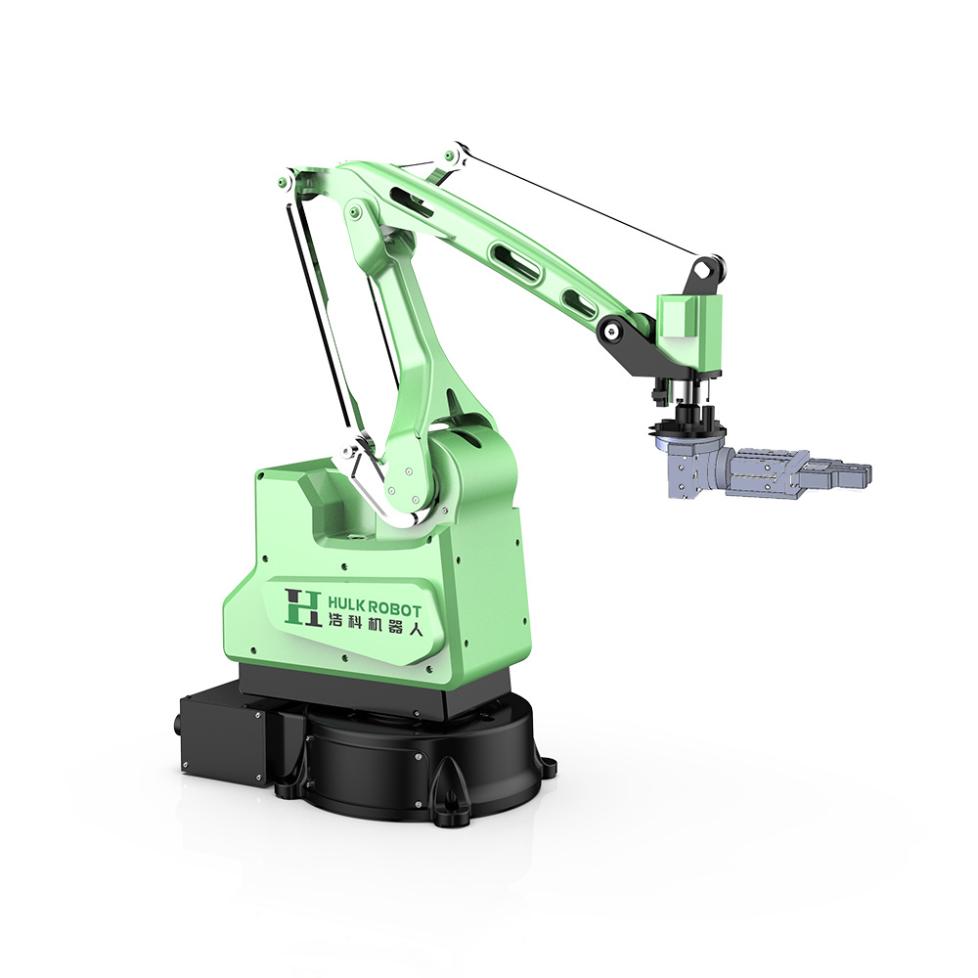How Does Reinforcement Learning Continuous Control Compare to Traditional Control Methods?
Reinforcement learning (RL) continuous control is a subfield of machine learning that deals with learning how to control a system in a continuous environment. This is in contrast to traditional control methods, which are typically designed for discrete environments. RL continuous control has a number of advantages over traditional control methods, including its ability to learn from experience, its data-driven approach, and its ability to continuously improve.

Advantages Of RL Continuous Control Over Traditional Control Methods
Enhanced Performance In Complex Environments
RL continuous control algorithms are able to learn from experience and adapt to changing conditions, making them well-suited for complex environments. For example, RL algorithms have been shown to outperform traditional control methods in tasks such as robotic manipulation, autonomous driving, and energy management.
Data-Driven Approach
RL continuous control algorithms rely on data to learn and improve. This is in contrast to traditional control methods, which typically rely on mathematical models and expert knowledge. The data-driven approach of RL algorithms makes them more flexible and adaptable than traditional control methods.
Continuous Improvement

RL continuous control algorithms are able to continuously improve their performance over time. This is because they are able to learn from new data and adapt to changing conditions. Traditional control methods, on the other hand, are typically limited in their ability to adapt and improve over time.
Disadvantages Of RL Continuous Control Compared To Traditional Control Methods
Computational Cost
RL continuous control algorithms can be computationally expensive to train. This is because they require a large amount of data and extensive training. Traditional control methods, on the other hand, are typically less computationally expensive.
Sample Efficiency

RL continuous control algorithms typically require a large amount of data to learn effectively. This can be a challenge in applications where data is limited. Traditional control methods, on the other hand, are typically more sample-efficient.
Stability And Safety
RL continuous control algorithms can sometimes exhibit instability and unsafe behavior during learning. This is because they are exploring new behaviors and may not always be able to predict the consequences of their actions. Traditional control methods, on the other hand, are typically more stable and safe.
Applications Of RL Continuous Control
RL continuous control has a wide range of applications, including:
Robotics
RL continuous control algorithms are used to train robots to perform complex tasks, such as walking, running, and manipulating objects. RL-powered robots have achieved impressive results in a variety of tasks, including playing table tennis, solving Rubik's cubes, and performing surgery.
Autonomous Vehicles
RL continuous control algorithms are used to develop self-driving cars. RL-based autonomous vehicles have demonstrated advanced capabilities, such as navigating complex traffic conditions, avoiding obstacles, and parking in tight spaces.
Energy Management
RL continuous control algorithms are used to optimize energy usage in buildings and grids. RL-driven energy management systems have achieved significant savings in energy consumption.
RL continuous control has a number of advantages over traditional control methods, including its ability to learn from experience, its data-driven approach, and its ability to continuously improve. However, RL continuous control also has some disadvantages, such as its computational cost, sample inefficiency, and stability and safety concerns. Despite these challenges, RL continuous control is a promising field with a wide range of applications.
As RL continuous control algorithms continue to improve, we can expect to see even more impressive results in the years to come. RL continuous control has the potential to revolutionize a wide range of industries, from robotics to autonomous vehicles to energy management.
YesNo

Leave a Reply